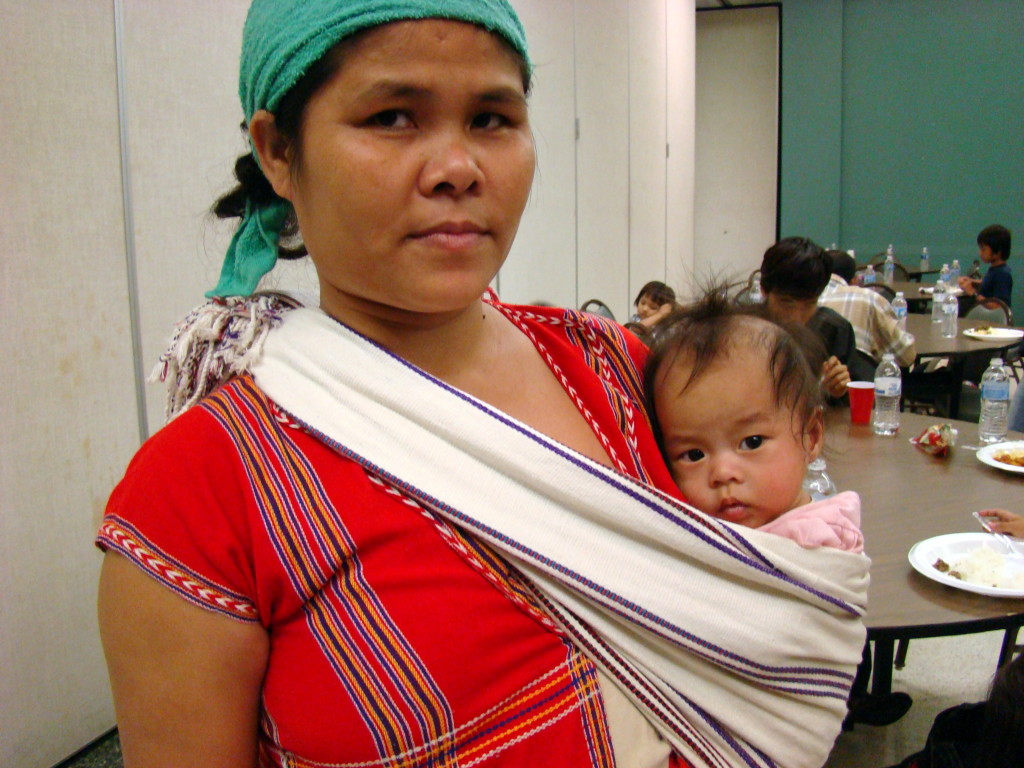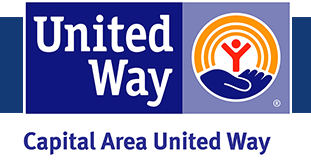Refugees arrive in the United States with very little, often only one small suitcase. To assist them transition into life in the United States, our multi-cultural, multi-lingual staff assists with case management, cultural orientation, English language training, and employment services.

The UN High Commissioner for Refugees defines a refugee as a person who has fled their homeland and is unable to return due to a well-founded fear of persecution. Since 1970 the world refugee population has increased over 500% and now numbers at over 22,000,000 worldwide. Nearly 75% of the world’s refugees are women and children. Only about 2% will be resettled in a new country and given the opportunity to rebuild their lives.
Refugees leave their home country taking only what they can carry. Because their politics, religion, race, or ethnic affiliation, they will not be safe in their country. We help them with a smooth transition into life here in the United States, starting with finding and furnishing a home for the new arrivals, orientation about our culture, English language training, and employment services. Their goal is early self-sufficiency, and most of them achieve that within four months.
Our Results
Last year we assisted 151 refugees fleeing violence and persecution from Burma, Bhutan, the Congo, Iraq and Cuba. 100% of the employable adults got jobs.
How to help
- Mentor a Refugee Family (or Individual)—Spend an hour or two a week befriending a family, orienting them to American culture and life in the community, and learning from each other.
- Employment Coach—Volunteers can act as a resource for clients during their job search. by assisting with job applications, creating a resume, rehearsing for job interviews, coaching on appropriate workplace skills and behaviors, or making contact with employers in the community.
- Provide rides to medical/dental appointments—Refugees are responsible for getting to most appointments on their own, but sometimes the bus or bike is not feasible if the person has to be sedated or has to leave school or work in the middle of the day.
- Volunteer Interpreter—Most refugees arrive with limited English. If you are fluent in another language, your skills are greatly appreciated by refugees. Current languages needed are Tigrinya, Amharic, Chin, Karen, Karenni, Burmese, Rohingya, Arabic, and Nepali.
- Apartment Set-Up—Help transport furniture and/or set up the apartment for newly arriving refugees. Click here to download instructions for “House in a Box.”
- Orientation Support Team—Assist our resettlement team by presenting on a topic of interest or expertise, transporting clients, escorting on field trips or assisting with paperwork.
- Office Support—Keep track of donations, prepare files, and organize donation storage spaces are just a few of the unlimited possibilities.
- Collect donations—We provide a core set of apartment furnishings and supplies to each refugee arriving in Baton Rouge. Donations need to be requested, collected, and organized.






